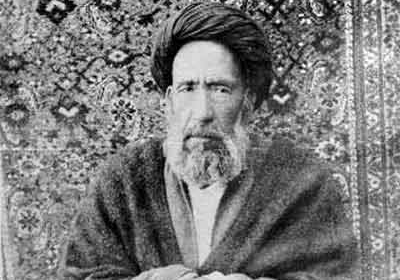
Farabi
Ο Abu Nasr Muhammad bin Muhammad Farabi (γνωστός στη Δύση ως Alpharabius) γεννήθηκε στην περιοχή Farab του Khorasan το έτος 870 μ.Χ. και είναι ένας από τους μεγαλύτερους Ιρανούς φιλοσόφους και μελετητές, με εμπειρία στη φιλοσοφία, τη λογική, την κοινωνιολογία, την ιατρική, τα μαθηματικά και τη μουσική. Ο Farabi ήταν μοναδικός σε πολλούς τομείς των επιστημών και έγραψε ένα βιβλίο για κάθε επιστήμη της εποχής του και είναι σαφές από τα έργα του ότι ήταν πολύ ικανός σε επιστήμες όπως η γλώσσα, τα μαθηματικά, η αλχημεία, η αστρονομία, οι στρατιωτικές επιστήμες, η μουσική, η φυσική, οι φυσικές επιστήμες, η θεολογία, οι πολιτικές επιστήμες, η νομολογία, η λογική και η συγγραφή εγκυκλοπαιδειών.
Η εξαιρετική ευφυΐα και η μαθησιακή δύναμη του Farabi του επέτρεψαν να κατακτήσει όλα τα θέματα που διδάχτηκε. Σύντομα έγινε γνωστός ως φιλόσοφος και επιστήμονας. Τα περισσότερα έργα του που γράφτηκαν στους τομείς της φιλοσοφίας και της λογικής ανήκαν στη νεοπλατωνική σχολή και προσπάθησε να συμβιβάσει τις σκέψεις του Πλάτωνα και του Αριστοτέλη με τη μονοθεϊστική θεολογία του Ισλάμ. Στην παράδοση της ισλαμικής φιλοσοφίας, ο Farabi αποκαλείται «δεύτερος δάσκαλος», μετά τον Αριστοτέλη ο οποίος είχε το παρατσούκλι «πρώτος δάσκαλος». Οι ισλαμιστές ιστορικοί πιστεύουν ότι ο Farabi ήταν ένα ασκητικό άτομο που περνούσε πολύ χρόνο με βαθειά σκέψη και διαλογισμό.
Ο Farabi Dari έχει γράψει πολλά βιβλία και πραγματείες, όπως: «Τι αξίζει να μάθουμε πριν από τη φιλοσοφία», «Αστική πολιτική», «Συνδυάζοντας τις απόψεις του Πλάτωνα και του Αριστοτέλη», «Πραγματεία για τη φύση και την ουσία του λόγου», «Αποκτώντας τη σωτηρία », «Απαντήσεις σε φιλοσοφικά ερωτήματα», «Πραγματεία για την απόδειξη των μη υλικών όντων», «Ο σκοπός του Αριστοτέλη στη συγγραφή του βιβλίου για τη μεταφυσική», «Πραγματεία για την πολιτική», «Διαμάντια της Φιλοσοφίας», «Μεγάλη μουσική», «Οι απόψεις για την ουτοπία», «Περί ανάγκης για αλχημεία» κ.λπ.
Αρκετά από τα έργα του Farabi μεταφράστηκαν στα λατινικά με τα ονόματα Avenassar, Alpharabius, Alfarabi και El Farati. Ο Φαραμπί πέθανε το έτος 950 και ο τάφος του βρίσκεται στη Δαμασκό.
| Όνομα | Farabi |
| Χώρα | Ιράν |


Choose blindless
Red blindless Green blindless Blue blindless Red hard to see Green hard to see Blue hard to see Μονόχρωμος Ειδική ΜονόχρωμηΑλλαγή μεγέθους γραμματοσειράς:
Αλλαγή απόστασης λέξεων:
Αλλαγή ύψους γραμμής:
Αλλαγή τύπου ποντικιού:

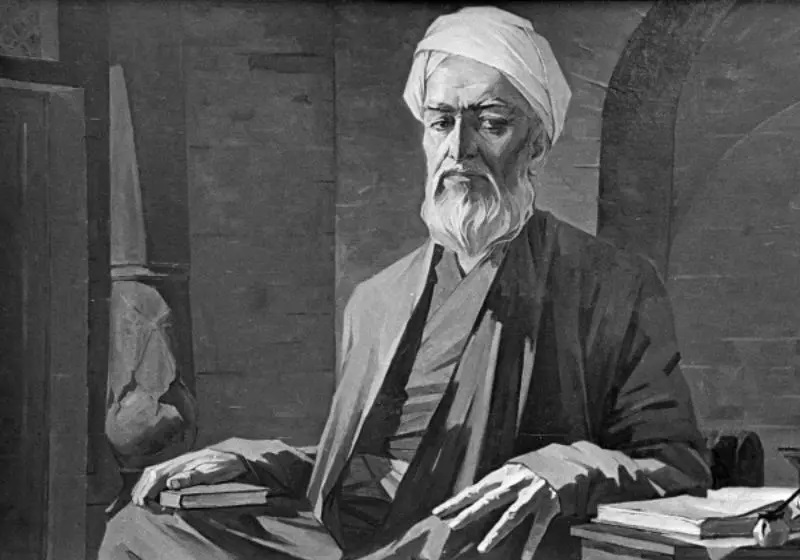
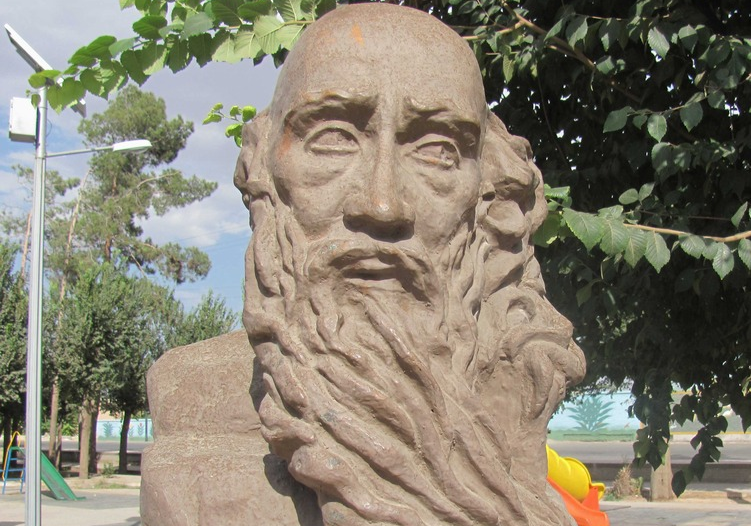
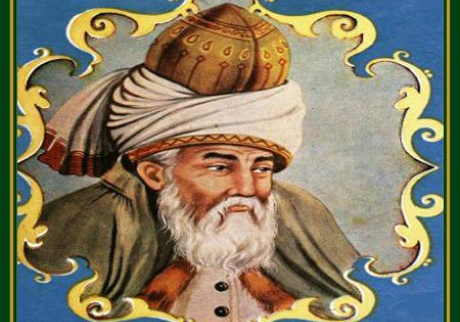

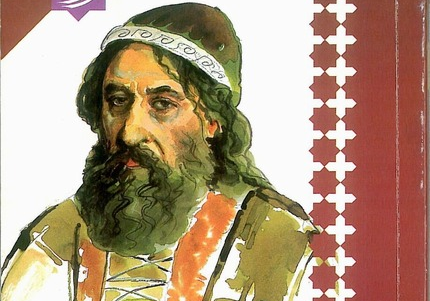
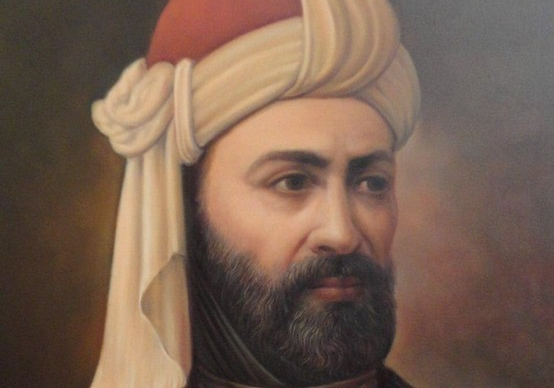
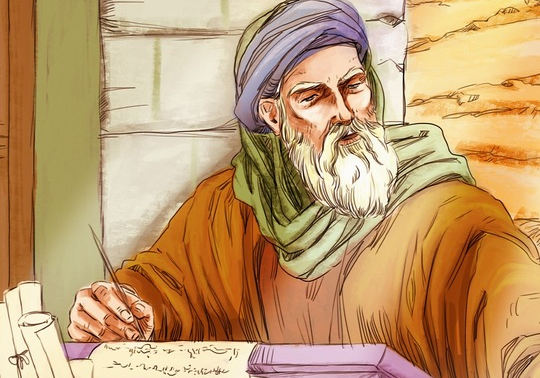



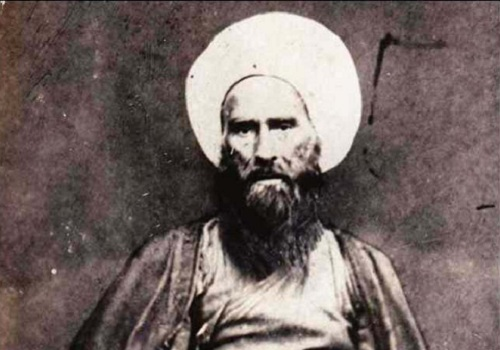
_crop.jpg)
